Millennials have traded boardrooms for Zoom rooms, suits for sweats, and gold watches for smartwatches. As they navigate the economic waters with their eco-friendly, tech-savvy compass, let’s explore the whirlwind ways they’re accused of turning the economy on its head, one tap and swipe at a time.
1. Job Hopping Disarray

Their frequent job changes disrupt workforce stability, creating a nightmare for businesses attempting to maintain a reliable and experienced team, potentially stunting long-term growth.
2. Gig Economy Instability

By propelling the gig economy, millennials contribute to a labor market lacking in job security and benefits, undermining the foundation of stable employment.
3. The Homeownership Crisis

Their low home-buying rates contribute to a sluggish real estate market and disrupt industries reliant on home purchases, weakening a key pillar of economic growth.
4. Family Planning Delays

Postponing marriage and children, millennials affect sectors from education to housing, slowing economic momentum that typically comes from family formation.
5. Destroying Traditional Retail

Their preference for online shopping is decimating malls and brick-and-mortar stores, eroding the fabric of local economies and community spaces.
6. Brand Loyalty Erosion
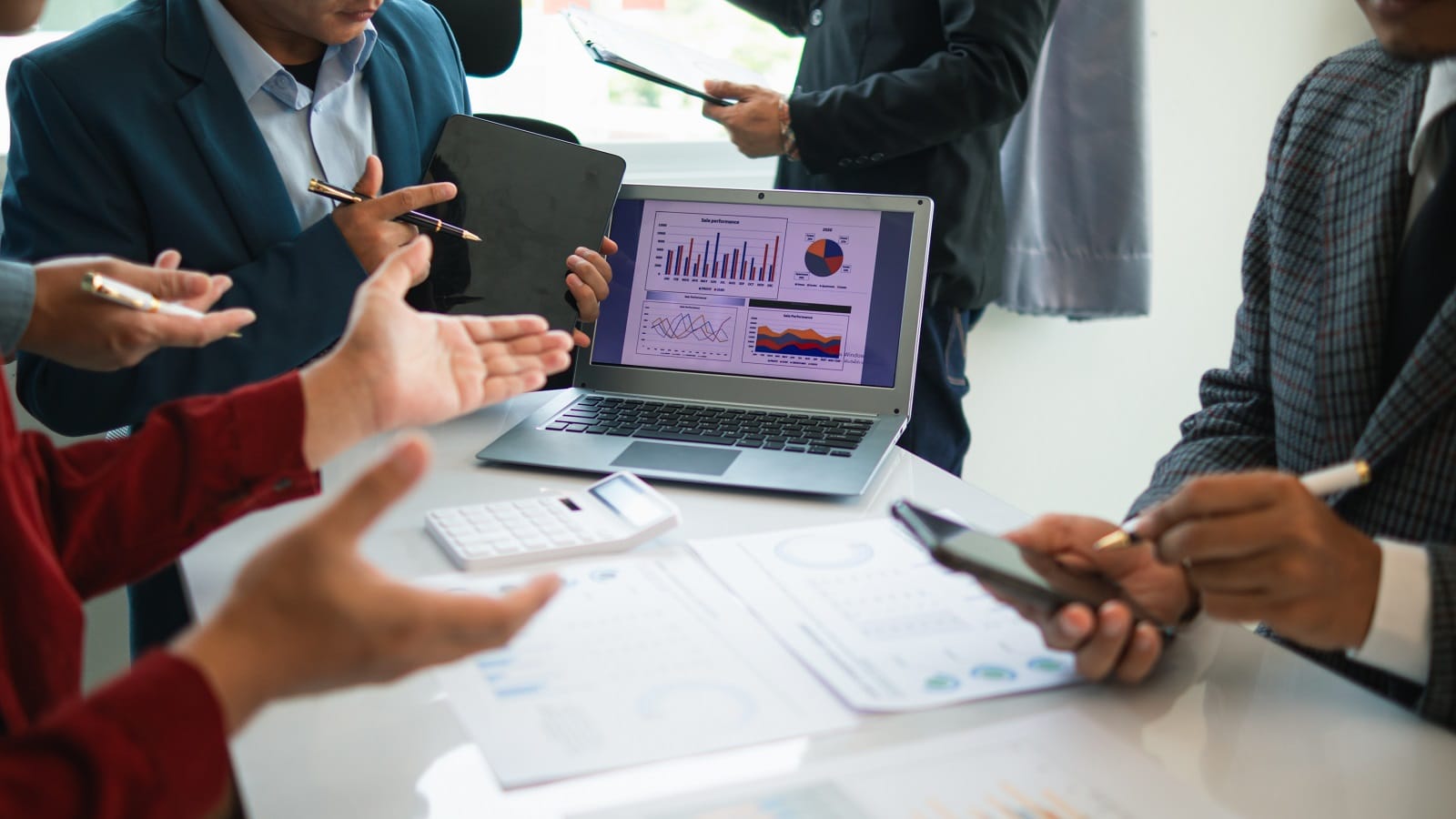
Millennials’ fickleness with brands destabilizes markets, making it hard for companies to forecast demand and plan for the future.
7. Car Ownership Decline
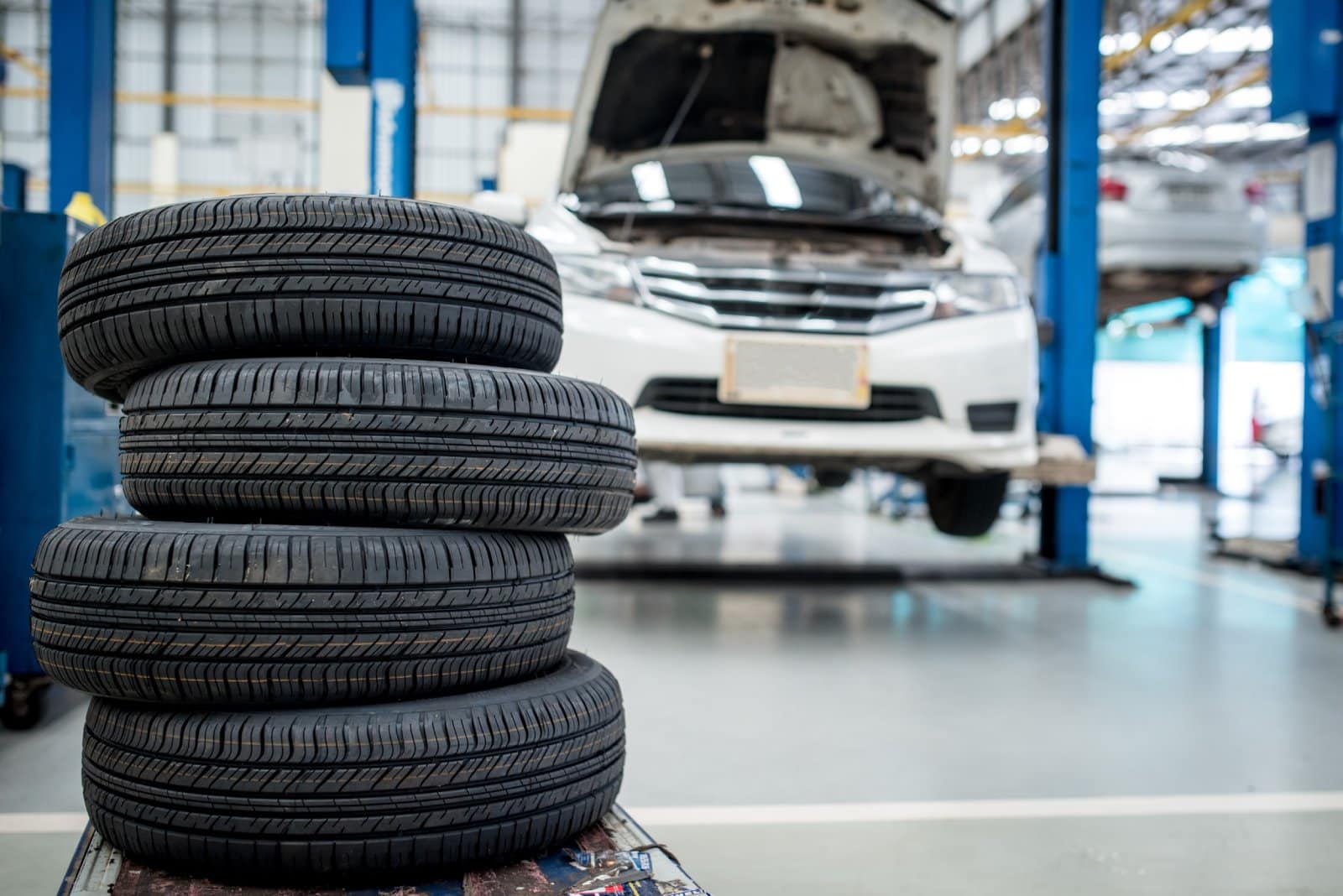
By shunning car ownership, millennials not only disrupt the auto industry but also ancillary services like insurance and finance.
8. Banking Distrust

Their skepticism towards traditional banking and flirtation with fintech and cryptocurrencies challenge the stability of longstanding financial institutions.
9. Education Debt Explosion
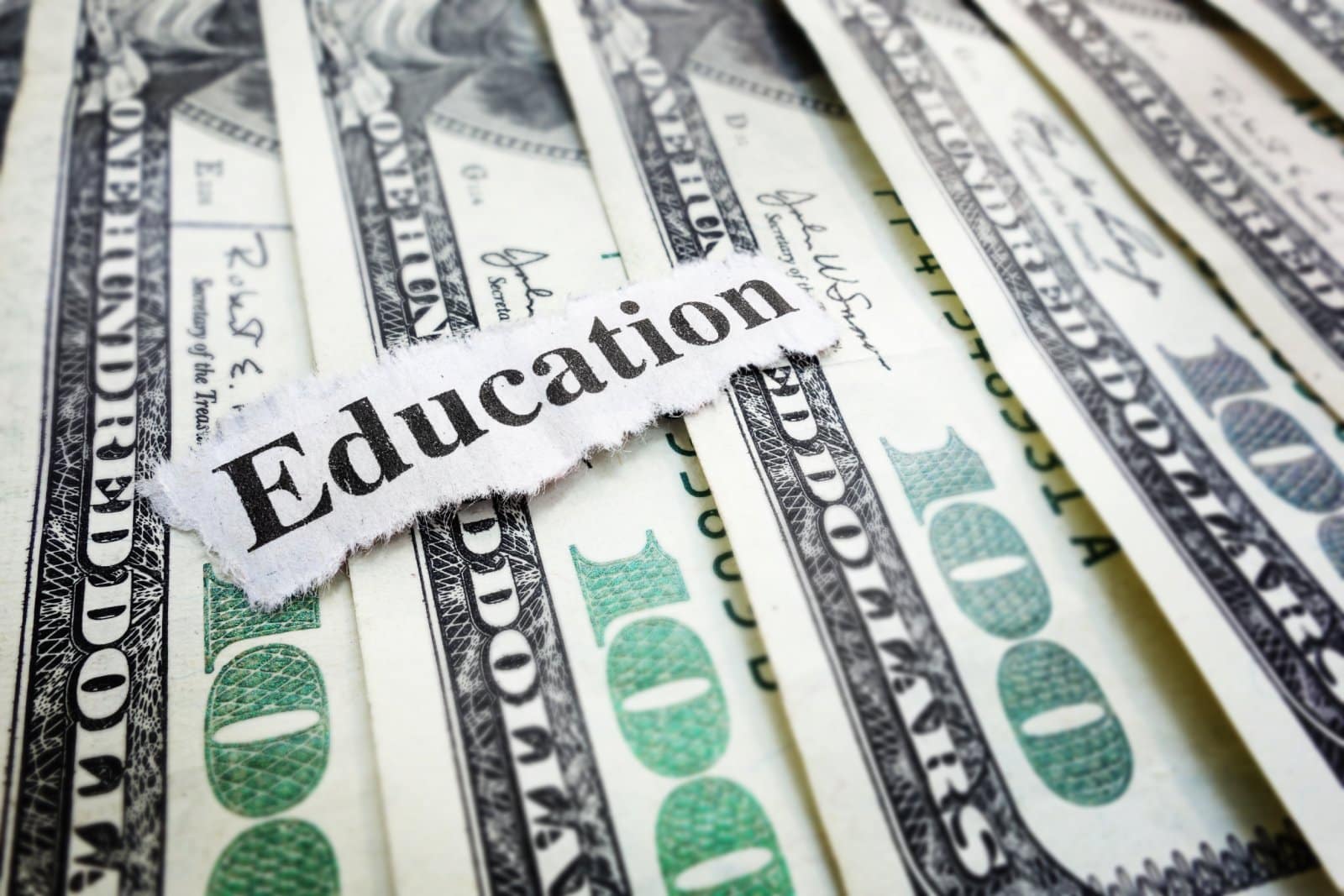
Their pursuit of higher education, fueled by easy access to student loans, has ballooned into a debt crisis, questioning the sustainability of current educational financing models.
10. Overloading Healthcare

Preferring on-demand healthcare, millennials strain traditional health systems, pushing costs higher and complicating insurance models.
11. Influencer Economy Perils

Millennials’ reliance on social media for purchasing decisions can lead to impulsive spending and destabilize traditional advertising models.
12. Unrealistic Work Expectations

Demanding extensive benefits and flexible work environments, millennials could be driving up operational costs, making businesses less competitive.
13. Environmental Efforts Misfiring
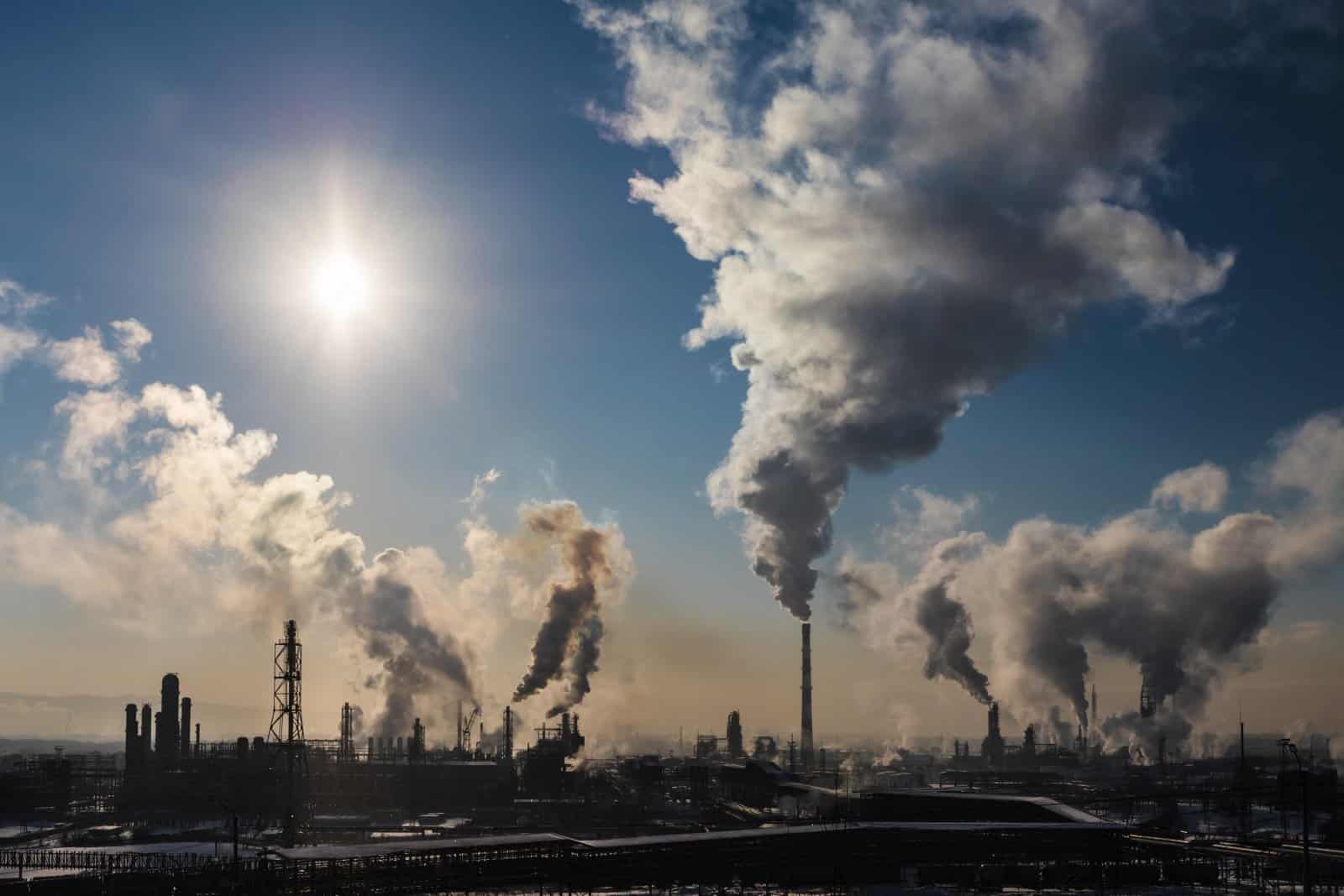
While their push for sustainability is noble, it sometimes sidelines industries that are not quick to adapt, potentially leading to job losses and economic dislocations.
14. Technological Displacement

Their drive for constant innovation accelerates the obsolescence of traditional jobs and skills, contributing to economic inequality.
15. Cryptocurrency Volatility
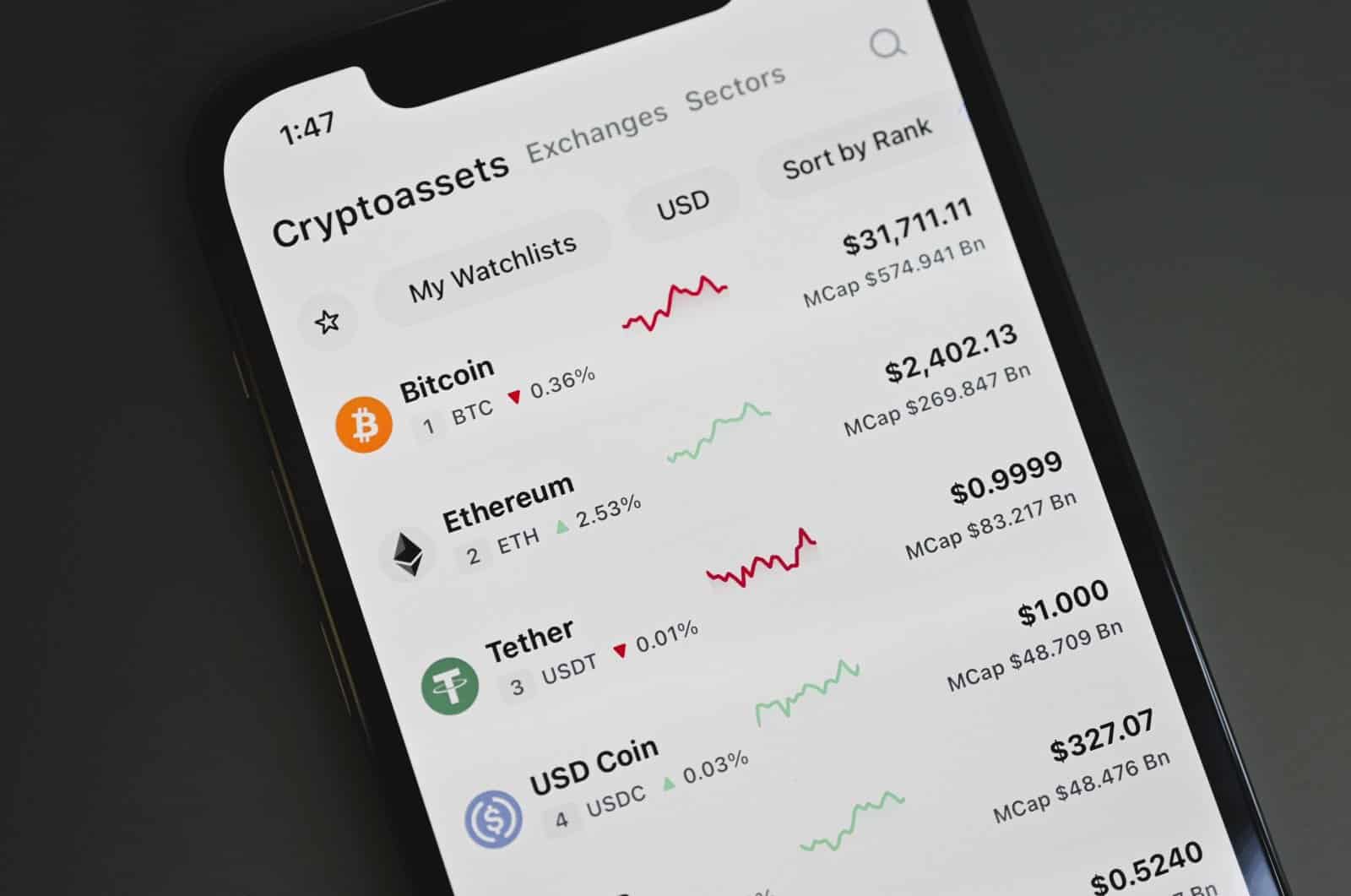
Millennials’ fascination with volatile digital currencies could undermine the financial system’s stability, introducing risk into markets.
16. Subscription Model Saturation

This preference shifts economic patterns from ownership to leasing, potentially devaluing entire product sectors and impacting manufacturing.
17. Fast Food and Dining Trend

Their dining habits prioritize convenience over tradition, hurting grocery stores, local farms, and the home cooking industry.
18. Minimalist Movement Impact

While reducing consumption is eco-friendly, it can dampen economic activity in consumer goods sectors, affecting jobs and growth.
19. Remote Work Revolution

By decentralizing the workforce, millennials challenge urban economic models, impacting everything from office real estate to city service businesses.
20. Experiential Spending Shift

Investing in experiences over goods might enrich lives but divert spending from tangible products, shaking the foundations of goods-based economies.
21. Slowing Economic Engines

Unique spending and saving habits contribute to economic recalibrations, potentially slowing growth in key sectors and affecting overall economic vitality.
22. Political Polarization Extending
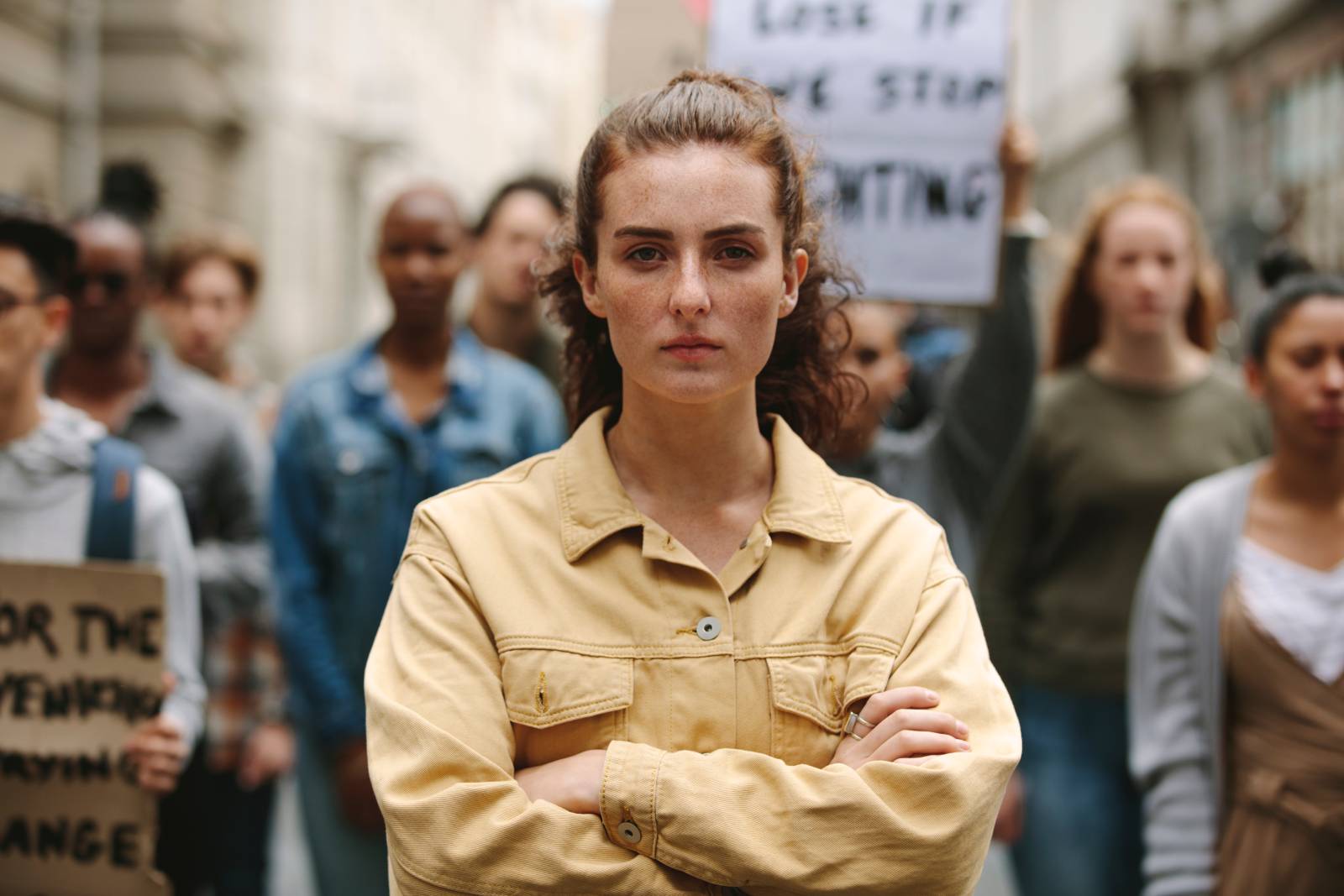
Their vocal political and social activism often transcends into the workplace and market, complicating consensus-building on economic policies and contributing to market volatility.
The Future

As millennials rewrite the rules, maybe it’s not about economic doom but a fresh, unconventional path forward.
In this rapidly evolving saga, perhaps the key is not blame but adaptability and collaboration. After all, the future is not just in their hands, but ours to shape together.
Biden’s New 401(k) Rule: Employers Frustrated as Retirement Planning Responsibilities Shift
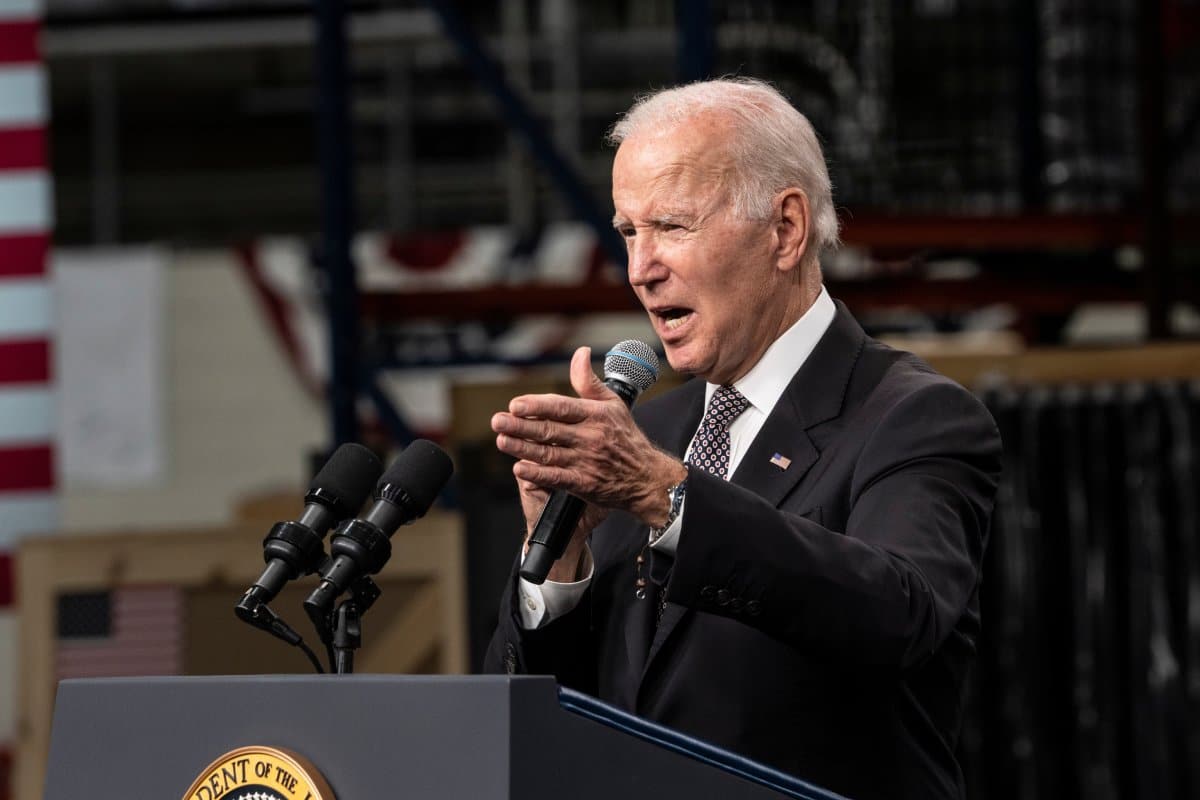
The latest Biden administration rule on 401(k) plans is reshaping how employers manage retirement plans. It’s a complex scenario requiring a fresh understanding of fiduciary duties and provider relationships. This rule aims to protect employees but also imposes new responsibilities on employers. Biden’s New 401(k) Rule: Employers Frustrated as Retirement Planning Responsibilities Shift
Elon Musk: New Immigration Bill ‘Enables Illegals to Vote’
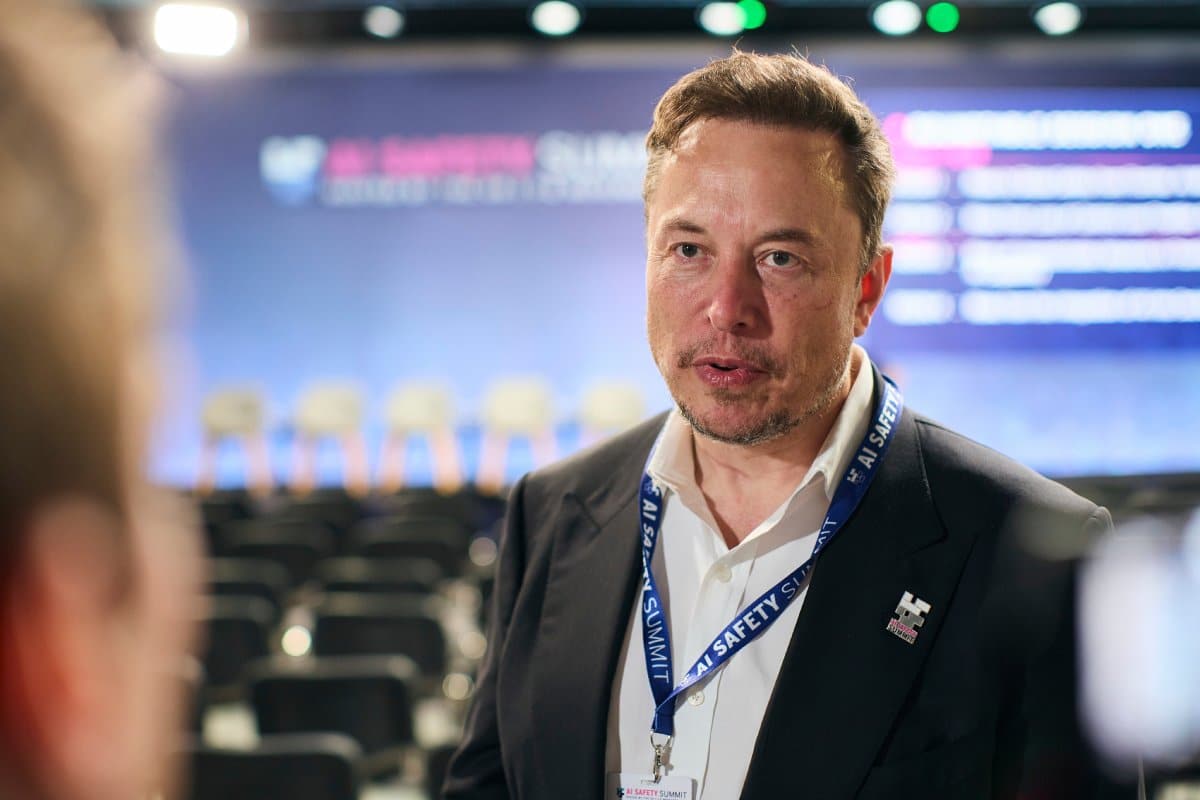
Elon Musk is calling for prosecutions after the text for a new senate bill on immigration was released. Musk accused the new bill of “enabling illegals to vote.” Elon Musk: New Immigration Bill ‘Enables Illegals to Vote’
Colorado Officials Reject Sanctuary City Status, Warn Against ‘Dangerous Game’
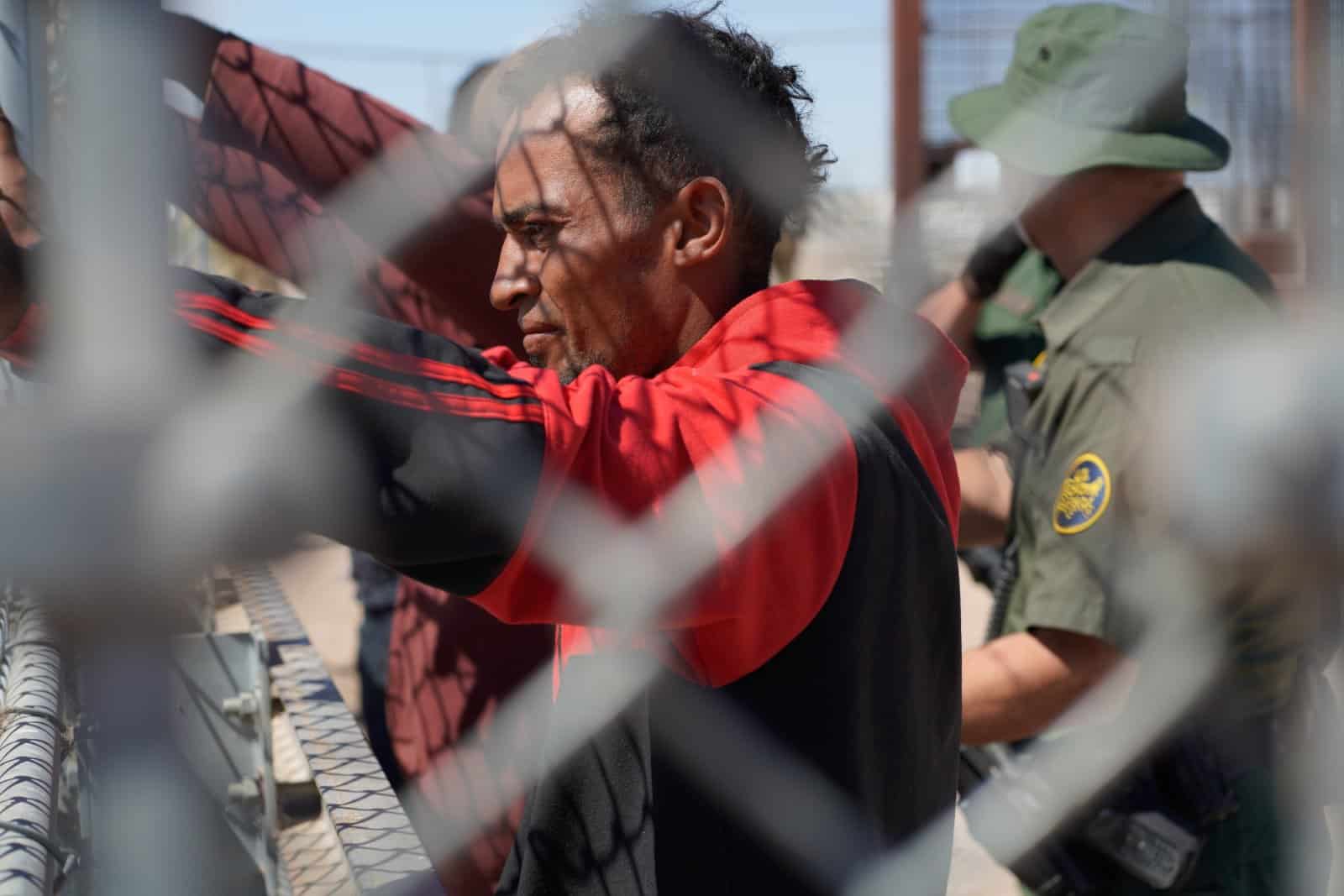
With increasing numbers of migrants arriving in Colorado, public officials have rejected any notion of the state becoming a sanctuary for migrants and asylum seekers. Colorado Officials Reject Sanctuary City Status, Warn Against ‘Dangerous Game’
Disney Challenges DeSantis’ “Don’t Say Gay” Rule With a Hefty Lawsuit
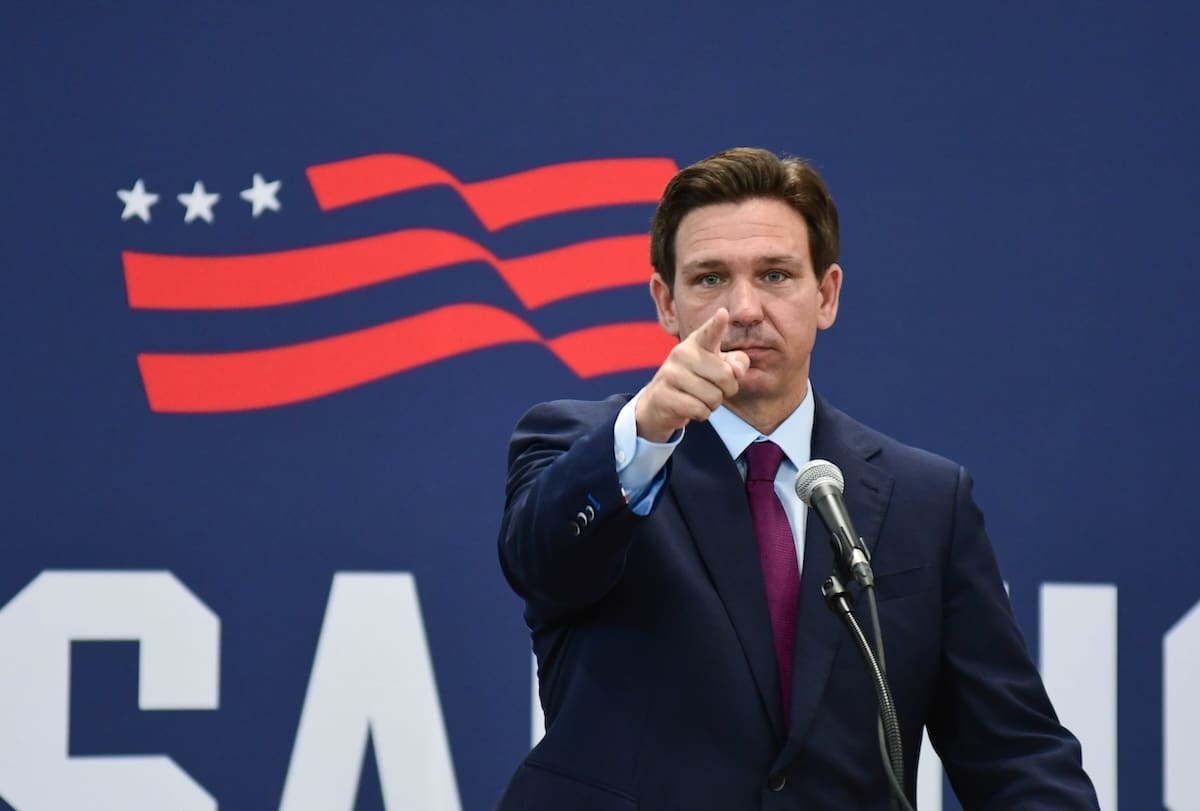
Disney is set to appeal its refusal for a lawsuit against Ron DeSantis, who stripped the company of its rights for disagreeing with the Governor’s views on the teaching of sexual orientation in classrooms. Disney Challenges DeSantis’ “Don’t Say Gay” Rule With a Hefty Lawsuit
Trump on the Attack as 21 Million Americans Flock to Obamacare, Biden Pushes Forward
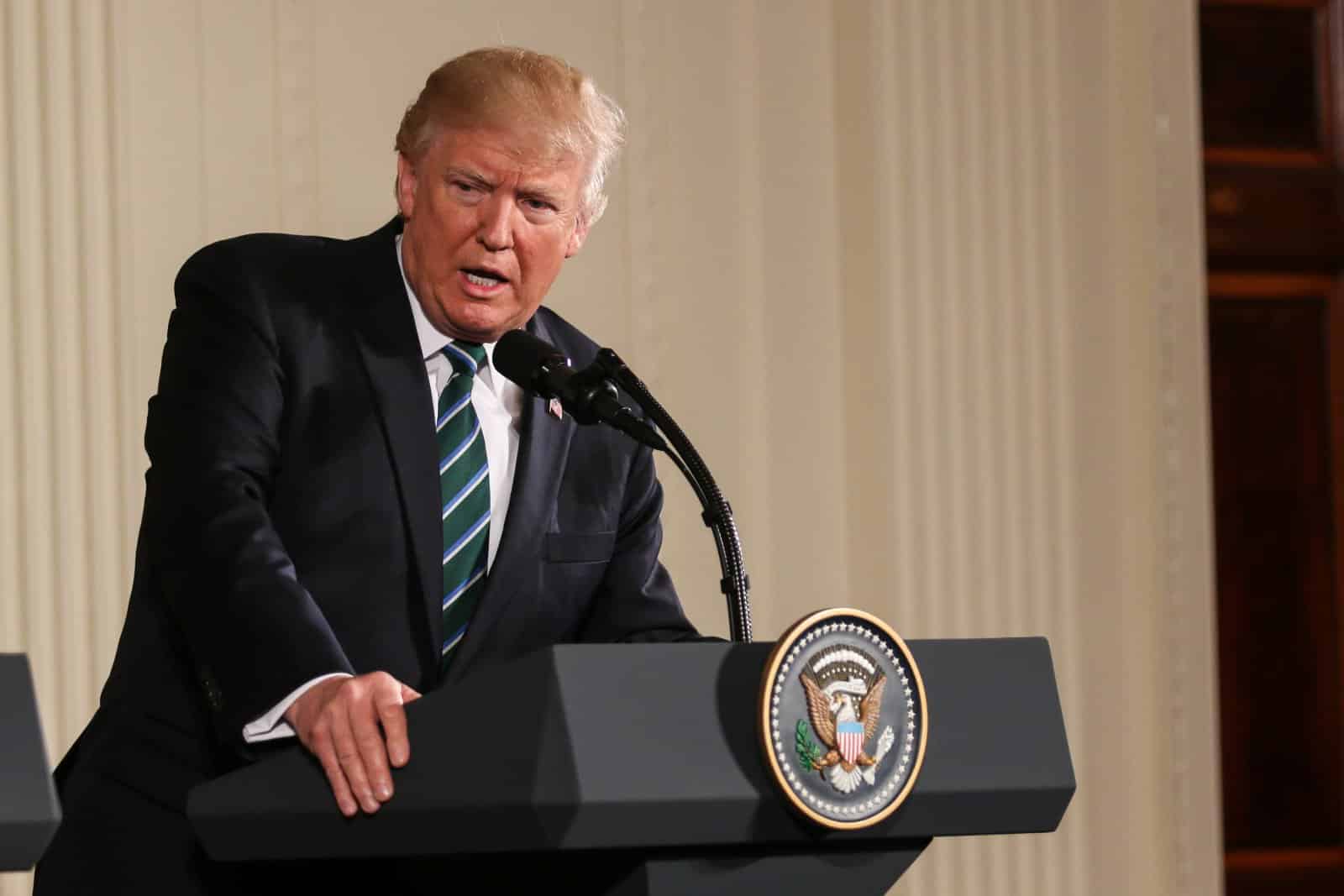
An unprecedented surge in health plan enrollments has reignited former President Donald Trump’s commitment to dismantling the program should he secure the GOP nomination once again. Trump on the Attack as 21 Million Americans Flock to Obamacare, Biden Pushes Forward
The post Economic Meltdown: How Millennials Are Part of the Problem first appeared on From Frugal to Free.
Featured Image Credit: Shutterstock / Bobex-73.
The content of this article is for informational purposes only and does not constitute or replace professional financial advice.
For transparency, this content was partly developed with AI assistance and carefully curated by an experienced editor to be informative and ensure accuracy.
